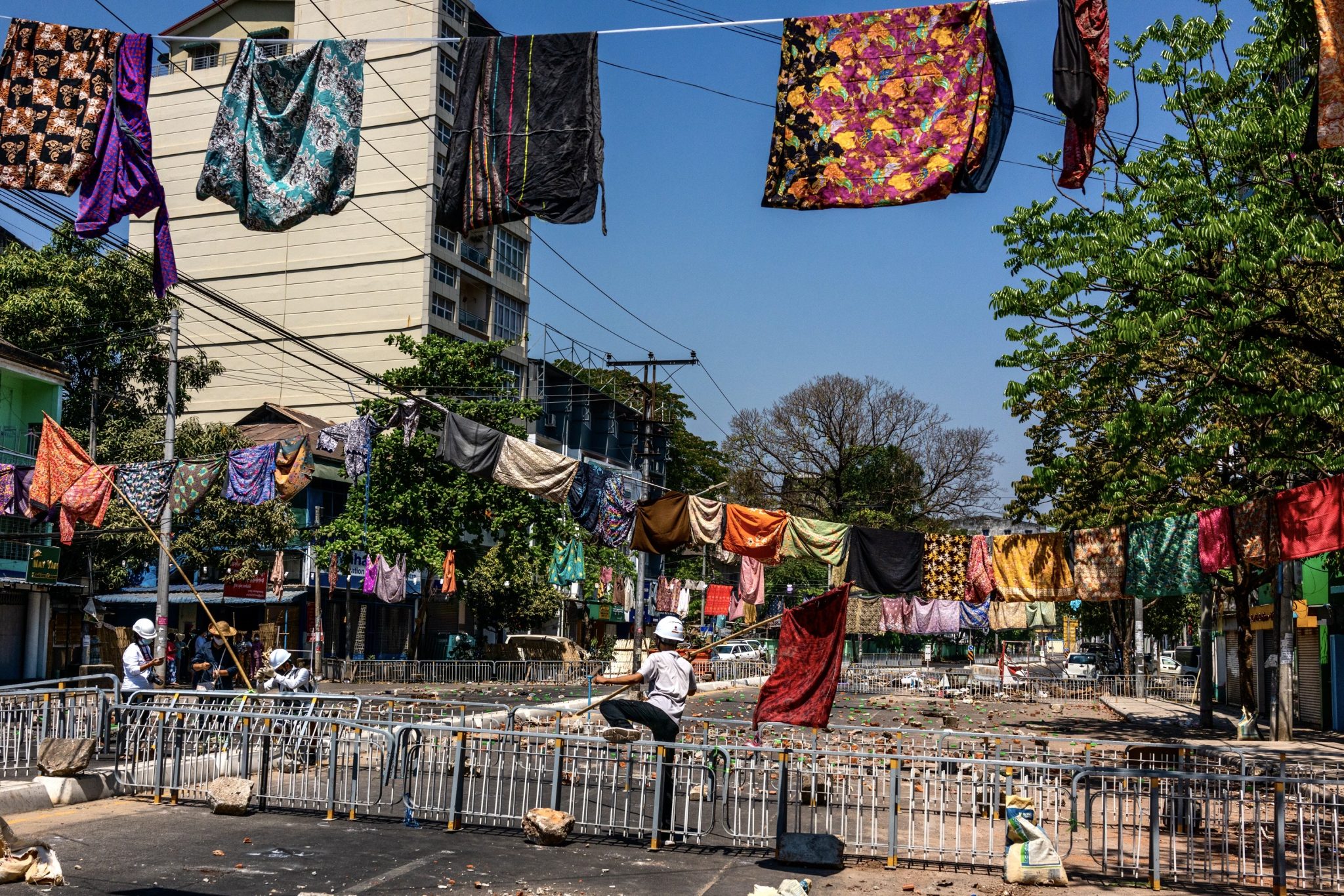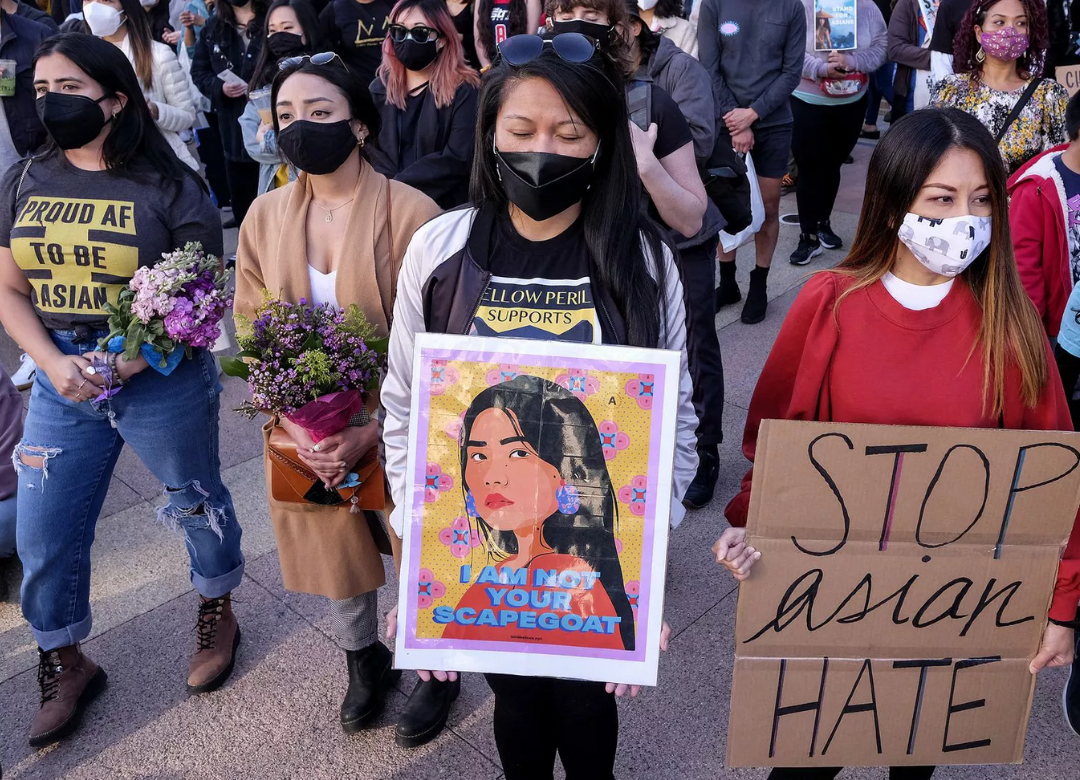Ethnic Studies Prof. Emily Hue published an essay entitled, “On Transnational Abolitionist Relationalities: From Mandalay to Minneapolis.” Excerpt below:
These last months, my social media feed has been in constant throes that bounce between disparate coverage of racialized misogynist violence throughout the US and another lineage of state-sanctioned violence against women in Southeast Asia. I write this nearly three months into the most recent military coup in Myanmar, in which military police have detained hundreds of government officials, have extrajudicially killed 776 civilian protesters, and either maimed or indefinitely detained 3,813 additional protestors. Some of the most visible figures in popular media out of the Civil Disobedience Movement have been youth and women. International calls to support have meant increased visibility for, not just democracy activists, but also garment workers on strike, and advocates from ethnic minority and feminist struggles for sovereignty.
It has been hard for me to separate these simultaneous moments of social upheaval; their connections stem from historical legacies of Asian women’s bodies being indexed as violable, as fungible, and as collateral damage of war and neoliberal globalization. Often, service industries, including sex work, massage work, and garment work have been further entrenched by political and economic equalities wrought by intra-Asian, European, and US imperialisms. More now than ever, a call to transnational feminist internationalist solidarity and sustained attention to workers’ and dissidents’ world-making remain crucial.
In the midst of a global pandemic, increasing global fascism, a spate of mass shootings in the US, and spectacular upticks in masculinist supremacy, what does this call to solidarity entail?
Read the full article here. Image above: Rows of htamein hang above lines of barricades in the Kyaukmyaung area of Tarmwe Township on March 8. The women’s garments are hung to deter superstitious members of the security forces. (Frontier)


